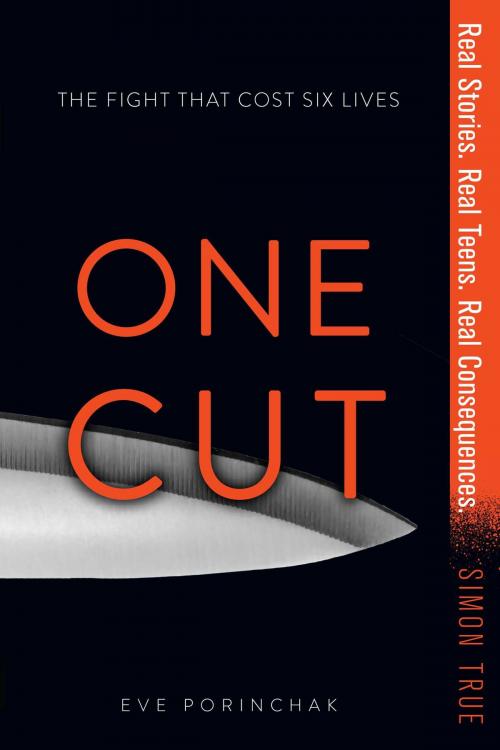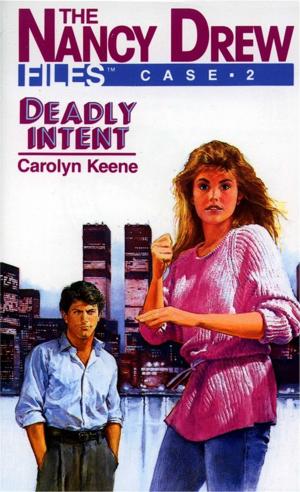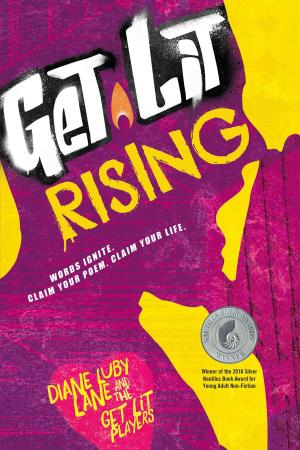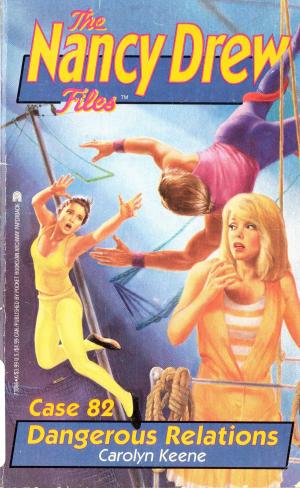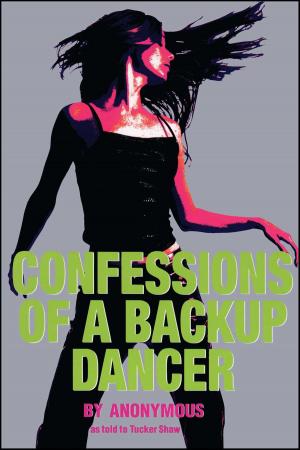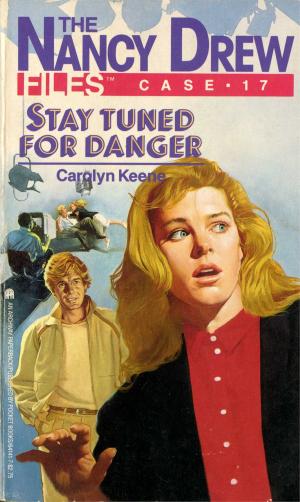| Author: | Eve Porinchak | ISBN: | 9781481481335 |
| Publisher: | Simon Pulse | Publication: | May 2, 2017 |
| Imprint: | Simon Pulse | Language: | English |
| Author: | Eve Porinchak |
| ISBN: | 9781481481335 |
| Publisher: | Simon Pulse |
| Publication: | May 2, 2017 |
| Imprint: | Simon Pulse |
| Language: | English |
Real stories. Real teens. Real crimes.
A backyard brawl turned media circus filled with gang accusations turns a small, quiet town upside down in this second book in the new Simon True series.
On May 22, 1995 at 7 p.m. sixteen-year-old Jimmy Farris and seventeen-year-old Mike McLoren were working out outside Mike’s backyard fort. Four boys hopped the fence, and a fight broke out inside the dark fort made of two-by-four planks and tarps. Within minutes, both Mike and Jimmy had been stabbed. Jimmy died a short time later.
While neighbors knew that the fort was a local hangout where drugs were available, the prosecution depicted the four defendants as gang members, and the crime as gang related. The accusations created a media circus, and added fuel to the growing belief that this affluent, safe, all-white neighborhood was in danger of a full-blown gang war.
Four boys stood trial. All four boys faced life sentences. Why? Because of California’s Felony Murder Rule. The law states that “a death is considered first degree murder when it is commissioned during one of the following felonies: Arson, Rape, Carjacking, Robbery, Burglary, Mayhem, Kidnapping.” In other words, if you—or somebody you are with—intends to commit a felony, and somebody accidentally dies in the process, all parties can be tried and convicted of first degree murder and sentenced to life without parole, even if nobody had any intention of committing a murder.
What really happened that day? Was it a case of robbery gone wrong? Gang activity? Or was it something else?
Real stories. Real teens. Real crimes.
A backyard brawl turned media circus filled with gang accusations turns a small, quiet town upside down in this second book in the new Simon True series.
On May 22, 1995 at 7 p.m. sixteen-year-old Jimmy Farris and seventeen-year-old Mike McLoren were working out outside Mike’s backyard fort. Four boys hopped the fence, and a fight broke out inside the dark fort made of two-by-four planks and tarps. Within minutes, both Mike and Jimmy had been stabbed. Jimmy died a short time later.
While neighbors knew that the fort was a local hangout where drugs were available, the prosecution depicted the four defendants as gang members, and the crime as gang related. The accusations created a media circus, and added fuel to the growing belief that this affluent, safe, all-white neighborhood was in danger of a full-blown gang war.
Four boys stood trial. All four boys faced life sentences. Why? Because of California’s Felony Murder Rule. The law states that “a death is considered first degree murder when it is commissioned during one of the following felonies: Arson, Rape, Carjacking, Robbery, Burglary, Mayhem, Kidnapping.” In other words, if you—or somebody you are with—intends to commit a felony, and somebody accidentally dies in the process, all parties can be tried and convicted of first degree murder and sentenced to life without parole, even if nobody had any intention of committing a murder.
What really happened that day? Was it a case of robbery gone wrong? Gang activity? Or was it something else?
